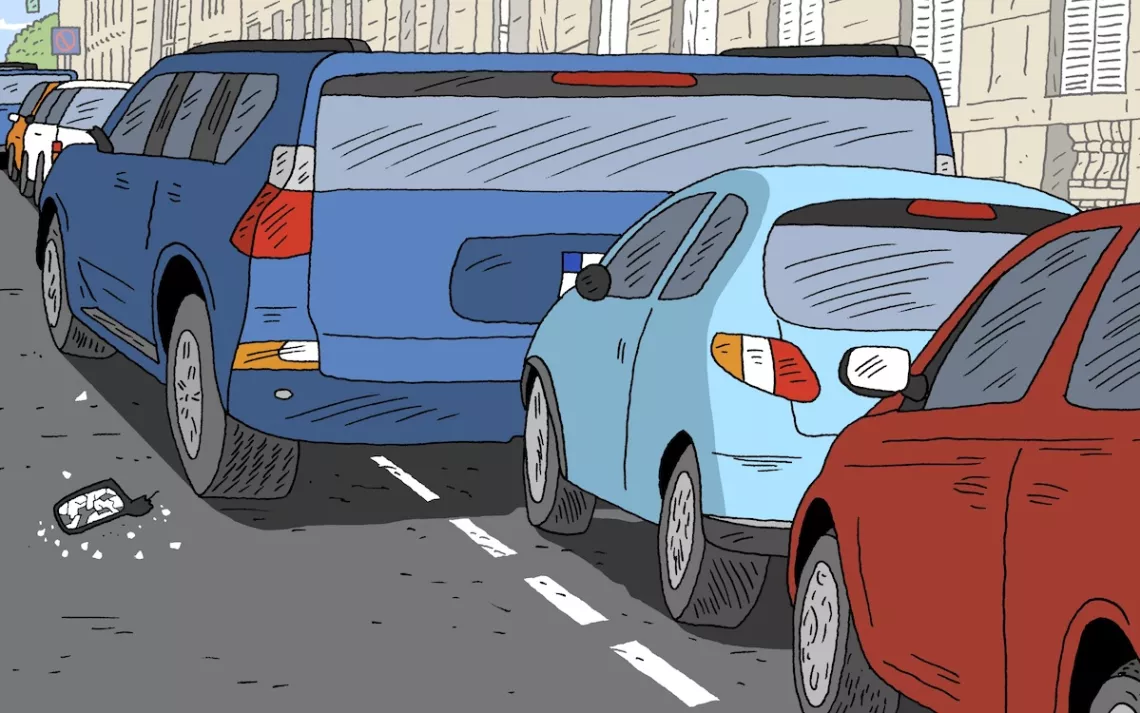Too-Wide Cars, Unpopular Protesters, Crabs Prefer Garbage & Baiting Bears With Donuts
Environmental news of the week for busy people

Half of new cars sold in Europe are now too wide to park on the street. Some US SUVs have three rows of seats and can seat eight. Cars are broadening by 1 centimeter every two years.
A majority of hermit crab species now utilize garbage instead of seashells.
Two French climate activists throw tomato soup at the Mona Lisa at the Louvre.
Germany’s “Last Generation” climate activists renounce their unpopular tactic of gluing themselves to busy streets.
Hundreds of protesters, including Swedish climate activist Greta Thunberg, march in southern England to protest the expansion of an airport that serves private jets.
The US Energy Information Administration will begin to track the enormous energy demands of crypto mining.
Missouri’s Magnitude 7 Metals, a large aluminum smelter with its own coal-fired power plant, shuts down. Because of the plant, the air in parts of New Madrid County had three times the allowable limit of sulfur dioxide.
The largest solar-plus-storage facility in the United States comes online. The 875-megawatt Edwards & Sanborn project in the California desert has 2 million solar panels, 120,000 batteries, and 3,287 megawatt-hours of energy storage.
A large nationwide study by the US Geographical Survey makes “a strong case” that four commonly used pesticides are “adversely affecting invertebrate communities in streams” in each of the five regions studied.
The EPA renews approval of the widely used pesticide paraquat, despite its link to Parkinson’s disease.
The Department of Energy surprises conservatives by establishing modest emission standards for gas stoves, not banning them.
A federal judge endorses the removal of Endangered Species Act protections from Louisiana’s black bears. The state is now considering whether to open a black bear season this December in which hunters would be allowed to bait bears with donuts, cinnamon rolls, and honey buns, but not chocolate.
Wisconsin’s wildlife program face a $16 million deficit because of a drop in the sale of hunting licenses. Fewer young people are taking up hunting, and older hunters are aging out.
A 10-year study of the Balearic shearwater finds that the endangered seabirds are shifting their range in response to climate change through individual behavioral flexibility, not evolutionary selection.
Water from the melting Corbassière Glacier in the Swiss Alps has destroyed the climate data from ice cores stored there from imperiled glaciers around the world.
 The Magazine of The Sierra Club
The Magazine of The Sierra Club



